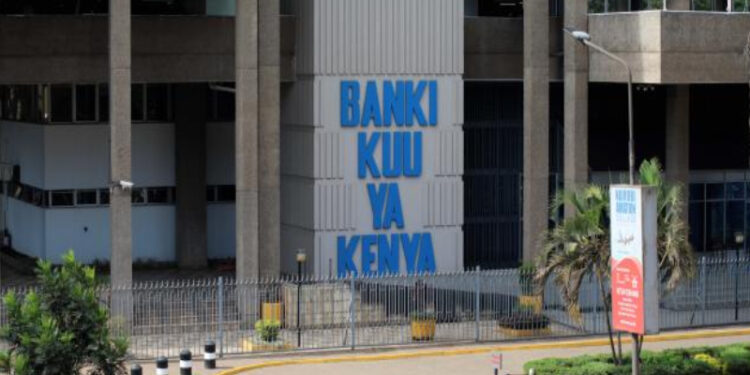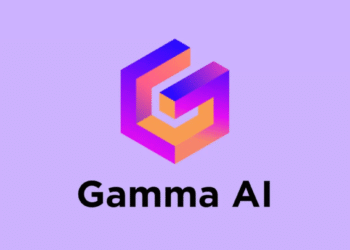The Central Bank of Kenya (CBK) has officially handed operational licenses to ten new digital lenders in the country, increasing the total number of authorized digital credit providers (DCP) to 32.
The CBK, which began, overseeing the digital lending space last year under Section 59(2) of the Central Bank of Kenya Act (CBK Act) recently established a transparent licensing process to create a safer digital lending space in the country.
In 2022, ten digital lenders out of a pool of 288 were initially licensed by the CBK to operate in Kenya after the expiration of the three-day ultimatum. In January, an additional 12 lenders were added to the list. The latest development from the CBK means that the total number of licensed credit providers is raised to 32, out of more than 400 combined applications.
The list of licensed digital lenders includes powerhouses such as Tala, MFS Africa, M-Kopa Loan, and Jumo, while other applicants are still awaiting the submission of necessary documentation as per the CBK’s statement. The CBK urges these applicants to submit the pending documentation expeditiously to speed up the review process.
For borrowers who make use of these licensed companies, their confidentiality is guaranteed as digital lenders are now prohibited from sharing their customers’ information with any third parties, including credit reference bureaus, without prior consent from the customer. They are also required to operate at least one physical office in the country.
The CBK decided to license and regulate DCPs in response to the growing complaints by Kenyans about unethical loan recovery practices, including high-interest rates, personal information abuse, and debt-shaming tactics. The CBK’s goal is to eradicate such issues.
In a recent report, Alexander Onukwe discussed Google’s continuous involvement in regulating the digital lending space in Africa. Since December 2022, the technology giant has ceased hosting DCPs that have failed to provide evidence of licensing from Kenya’s CBK or Nigeria’s Federal Competition and Consumer Protection Commission (FCCPC). Although this move may be inhibiting for hundreds of lending operators, it has increased credibility for the regulators of Africa’s largest microlending markets.
Currently, only 32 digital lenders have the coveted CBK license, which is a relatively small fraction of the total number of operators in the space. Some argue that the CBK is moving too slowly, but according to the bank, the delay is primarily due to applicants failing to submit the necessary documentation promptly.
In conclusion, the CBK’s initiative to license and regulate DCPs will ensure a safer digital lending space in Kenya. The licensed digital lenders must adhere to the set guidelines to offer borrowers confidentiality, among other things. The CBK is urging the remaining applicants to expedite their application process to obtain the much-coveted CBK license.




